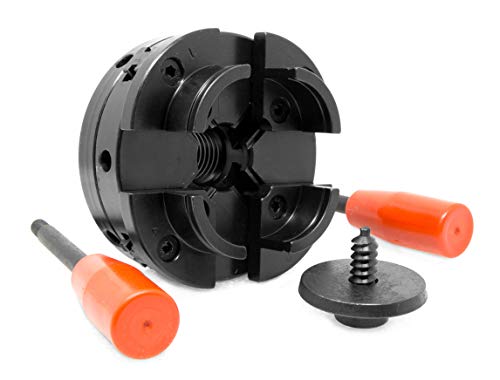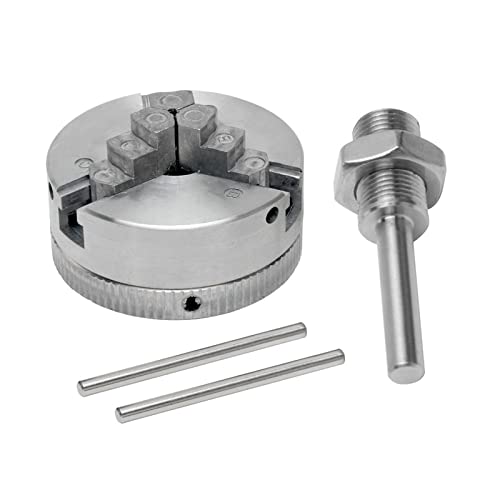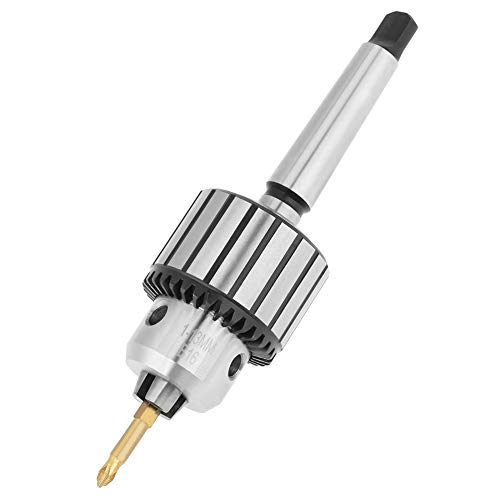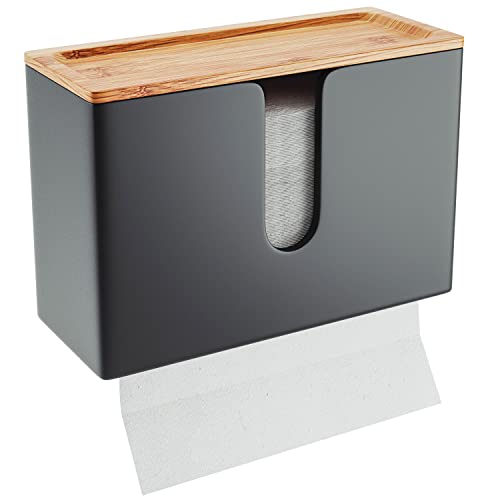Understanding Lathe Chucks: The Basics Explained
What Is a Lathe Chuck?
A lathe chuck is a crucial component of a lathe machine, designed to hold and rotate the workpiece securely while you shape, cut, or finish it. Imagine trying to carve a block of wood into a beautiful vase without a stable platform to hold it in place; that’s what a lathe chuck does for various materials, ensuring precision and control during the machining process.
How Does It Work?
When a workpiece is inserted into a lathe chuck, it is clamped tightly using either jaws or a specific mechanism depending on the chuck design. This clamping secures the material, allowing it to rotate smoothly while being worked on. The alignment and grip provided by the chuck are key in achieving accurate cuts and finishes.
Types of Lathe Chucks: Finding the Right Fit for Your Needs
Three-Jaw Chucks
Three-jaw chucks are the most common type found on general-purpose lathes. They automatically centre the workpiece due to their design, making them ideal for circular objects. If we’re working with metal or wood turning, these are a reliable choice for quick and accurate setup.
Four-Jaw Chucks
For more advanced applications, four-jaw chucks are preferred, especially when you need to hold irregularly shaped pieces securely. The ability to adjust each jaw independently means we can grip odd shapes confidently and achieve precise centring.
Collet Chucks
Collet chucks are excellent when needing more support for smaller workpieces. They work by encapsulating the material with a sleeve that compresses around it, providing an exceptional grip without marring the surface, making them perfect for delicate tasks.
Key Features to Consider When Choosing a Lathe Chuck
Jaw Options and Size
When selecting a lathe chuck, it’s crucial to consider the number of jaws and their size. If we often work on varying diameters, a chuck with interchangeable jaws might be beneficial. Ensuring the chuck can accommodate our largest and smallest workpieces prevents us from having to frequently swap out chucks and saves us time.
Material and Build Quality
The material used to manufacture the chuck impacts its durability and precision. High-quality steel or hardened materials offer longevity and better performance, so looking for solidly built chucks can lead to improved results over time.
Mounting Compatibility
Ensure the chuck is compatible with the lathe spindle. The mounting system, whether it’s threaded, keyed, or tapered, should match our lathe to ensure ease of setup and secure attachment, which is essential for optimal functioning.
Installation and Maintenance Tips for Longevity
Proper Installation
Installing a lathe chuck correctly is essential for safety and performance. Always follow the manufacturer’s instructions, ensuring it’s securely fitted and aligned with the lathe spindle for smooth operation. Checking for any wobbling or misalignment before use can prevent costly mistakes.
Regular Cleaning and Lubrication
To maintain our lathe chuck’s performance, regular cleaning is vital. Removing debris and built-up grime helps maintain its precision. Additionally, lubrication at specified points can reduce wear and tear, prolonging the life of our chuck and enhancing its rotary smoothness.
Periodic Inspections
We should inspect our chuck regularly for any signs of damage or wear. Look for chipped jaws or signs of excessive wear in the gripping mechanism. Catching these issues early means we can replace parts or the entire chuck before any major problems arise during use.
Top Recommended Lathe Chucks for Every Budget
Affordable Options
For those just starting out, brands offering budget-friendly three-jaw chucks provide reliability without breaking the bank. These basic models still deliver good performance for general tasks and allow newcomers to learn without significant investment.
Mid-Range Choices
Stepping up in price typically comes with enhanced durability and features. Mid-range four-jaw chucks often strike the perfect balance, providing great versatility and stability for hobbyists and small businesses, ensuring that we can tackle more complex projects effectively.
Professional Level Chucks
For professionals or serious hobbyists, investing in high-end collet chucks can greatly improve our work efficiency. They excel in precision tasks and minimize setup time, making them a worthy addition to a fully-equipped workshop.































